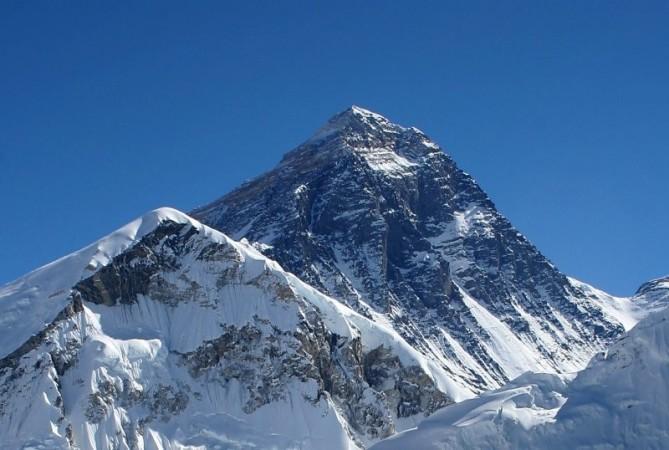
Considering he is a person who held 250 awards, including the Nobel Peace Prize in 1993, and after whom parks, flowers, museums, stadiums, hospitals and schools were named in various parts of the world, it isn't a surprise that all countries instantly connect to the 'giant' man in history - Mr. Nelson Mandela; South Africa's first black president who fought relentlessly against apartheid.
No different is the case with Nepal. Many Nepali leaders have tried their luck in being associated with Mandela, who has been a role model in the country, with many of his policies being adapted by the Asian nation.
Nepal's ex-king Gyanendra Shah, during his Safari visit to South Africa in 2005, had reportedly tried his best to get an appointment with Mandela for a photo opportunity but his efforts were in vain. He only met Thabo Mbeki, the second post-apartheid president of South Africa, according to reports.
In 1999, a $10,000 award, named after a Nepali Congress leader and an advocate of democracy, called the Ganesh Man Singh Trust Award was given to Nelson Mandela. Although there was no way Mandela could come to receive that award in Kathmandu, this is proof of how Mandela was a hero to people who lived 9,000 kilometers away from South Africa.
Jayaraj Acharya, who was Nepal's ambassador to the United Nations in the 1990s and who also chaired the UN's anti-apartheid committee, was among possibly just the few Nepalis who got a rare change to meet Mandela. He met the South African leader in New York and Pretoria.
"Nepali leaders have a lot to learn from Mandela's statesmanship, integrity, and lack of political ambition. His ability to cooperate with even his opponents is a pointer to us during the constitution making process," Acharya told the BBC's Nepali Service.
Apart from the generic sense of reverence Nepalis have for the anti-apartheid fighter, the country has recently tried to emulate the Truth and Reconciliation Commission of South Africa; a court-like restorative justice body where victims of gross human rights violations are given chance to share their experiences, with some given the chance of a public hearing.
The post-apartheid struggles and peace and reconciliation methods were to be followed as a model in Nepal as well. The model was ratified by President Ram Baran Yadav.
In more ways than one, the non-violent political struggles of the freedom fighter struck a chord with the Himalayan nation, which was the only constitutionally declared Hindu country in the world till 2007.
Kul Chandra Gautam, the former UNICEF official who met Mandela in 1996, told a Nepali News Portal: "We Nepalis would do well to remember how Mandela opposed the apartheid-era proposals for creating ethnic-based Bantustans, preferring instead the multi-ethnic, multi-cultural rainbow federation of a prosperous South Africa."
Mandela, one of the most admired world leaders, died peacefully on 5 December. He had been fighting a lung infection that had plagued him since the time of his imprisonment in Robben Island.











